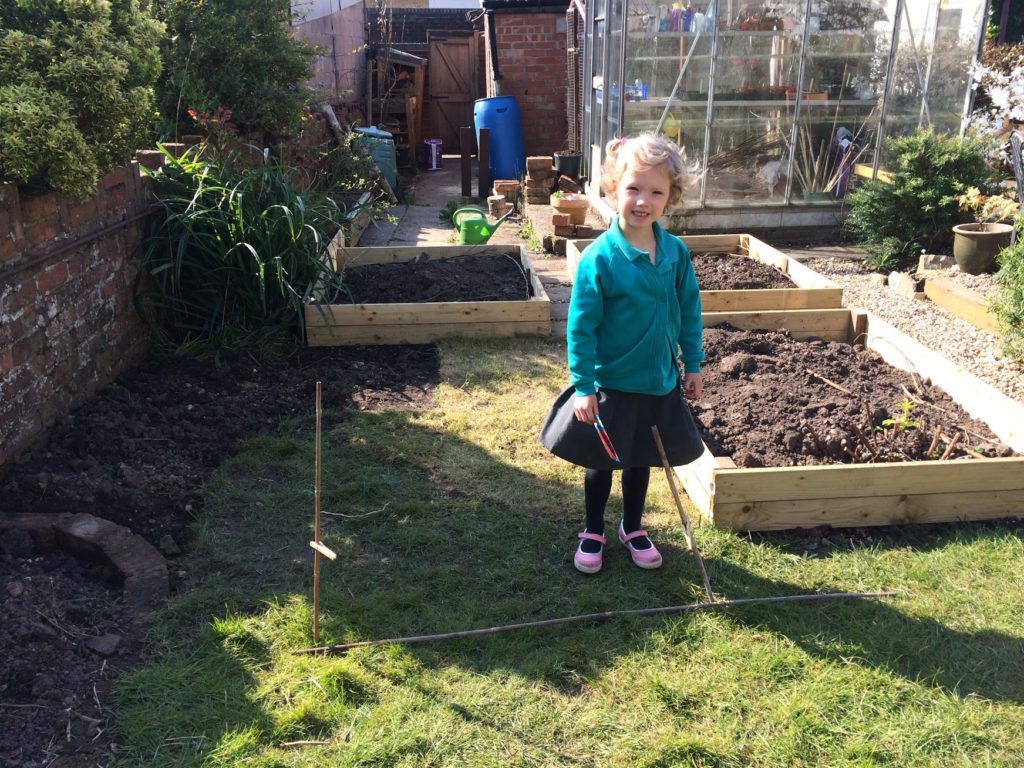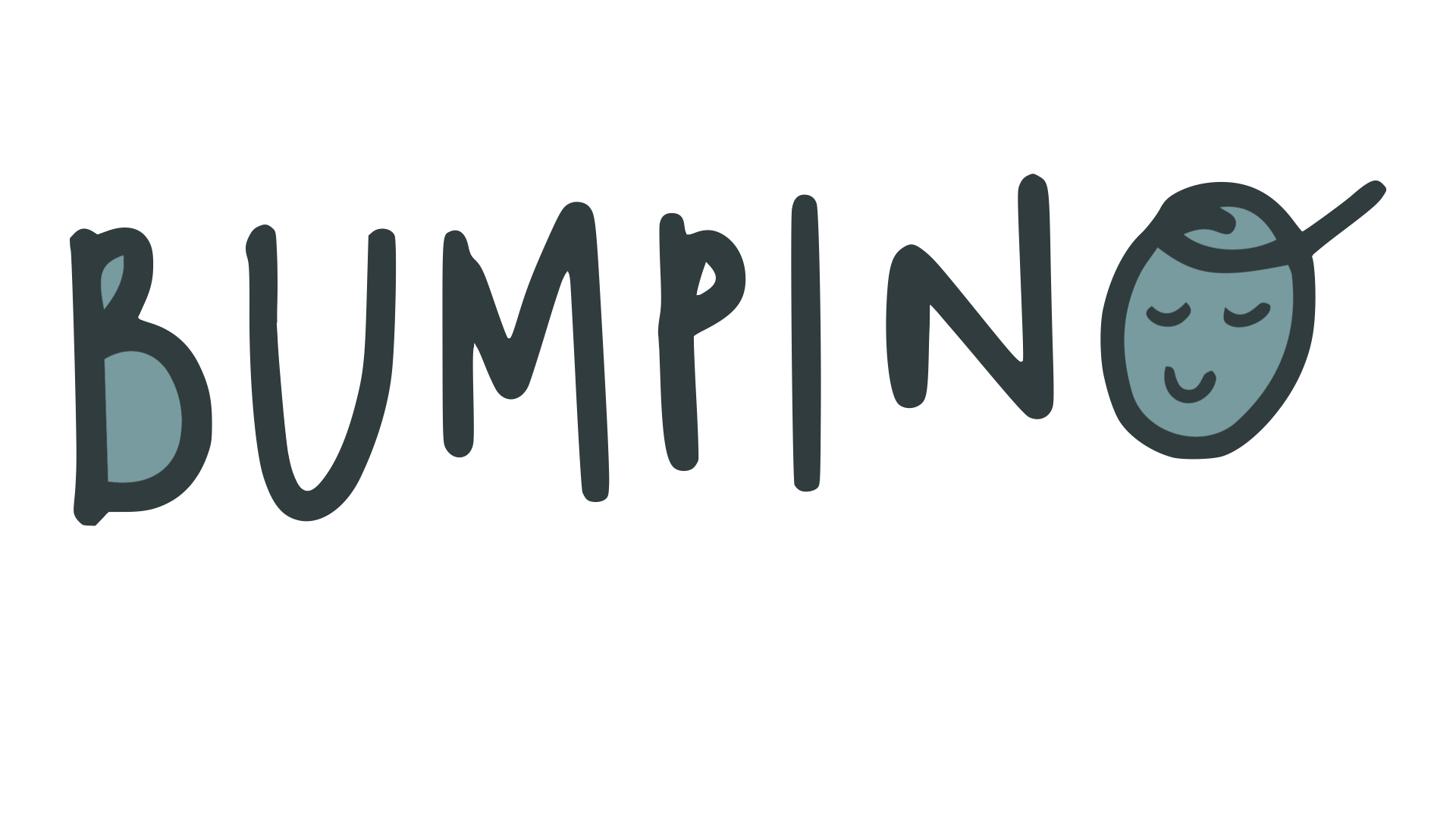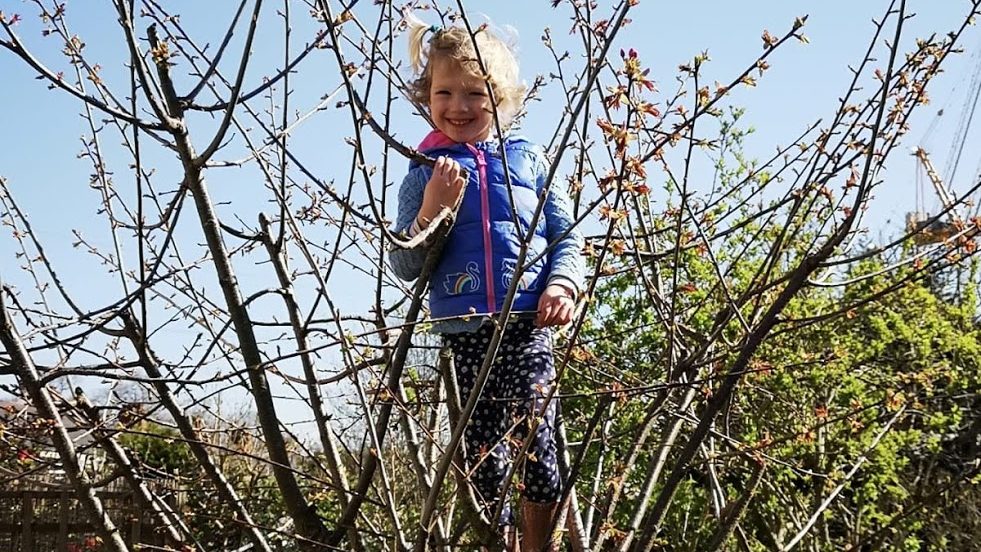To encourage you all, this week has been significantly better. Having taken my own advice last week we have gotten off to a much better start. I’m in no fairy-tale way thinking that this is it now, we’re sorted, but that with different expectations we are more prepared for the long game.
Today, I thought I’d share with you a very simple activity and a couple of teaching tips, which I learnt in the early days of being a teacher. I only taught for four years (as it turned out, it really wasn’t my thing) and during this time the two schools I worked in were based in a deprived catchment area. These children taught me so much aboutgeneral kids needs and how to get the best out of them.
(Apologies if you are ahead of me and have done this already.)
A visual timetable helped so many of the children I worked with get to grips with what happened in a school day. Unpredictability is nerve-wracking for us (think about the situation we currently find ourselves in and how we have responded to it on an emotional level – I’m guessing, at some point, there may have been an element of fear). Children also find unpredictability hard to manage. In a time of so much uncertainty, a day-to-day plan helps everyone find some normality and one less thing to have to think/worry about. A lot of the children I taught came from chaotic families and so the clarity of a visual timetable helped them to focus. You may recall me having said before that children only listen, let alone learn when they feel safe. Remove the fear of the unknown and it adds a further element of safety. One of the first tasks Poppi and I did as we started the journey into homeschooling was to create a visual timetable. There are certain elements in here, which clearly fit into the curriculum and others that suit us as a family.
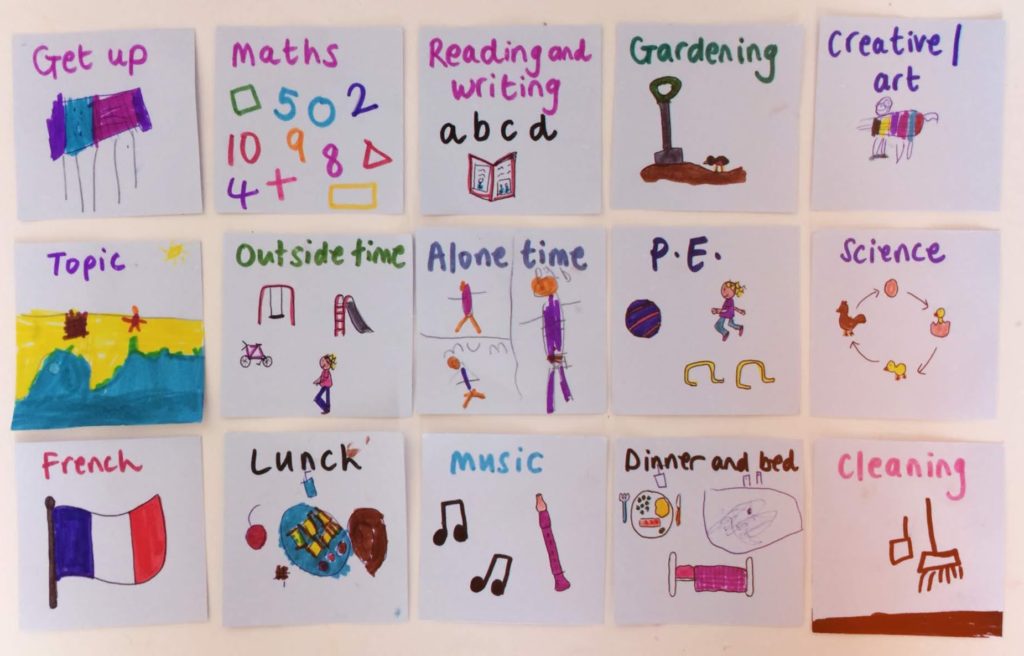
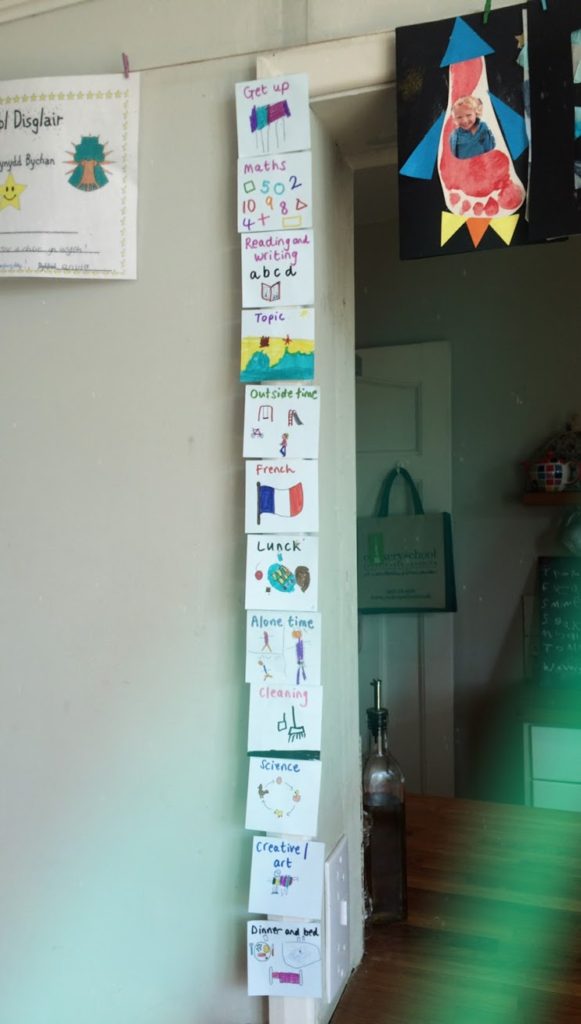
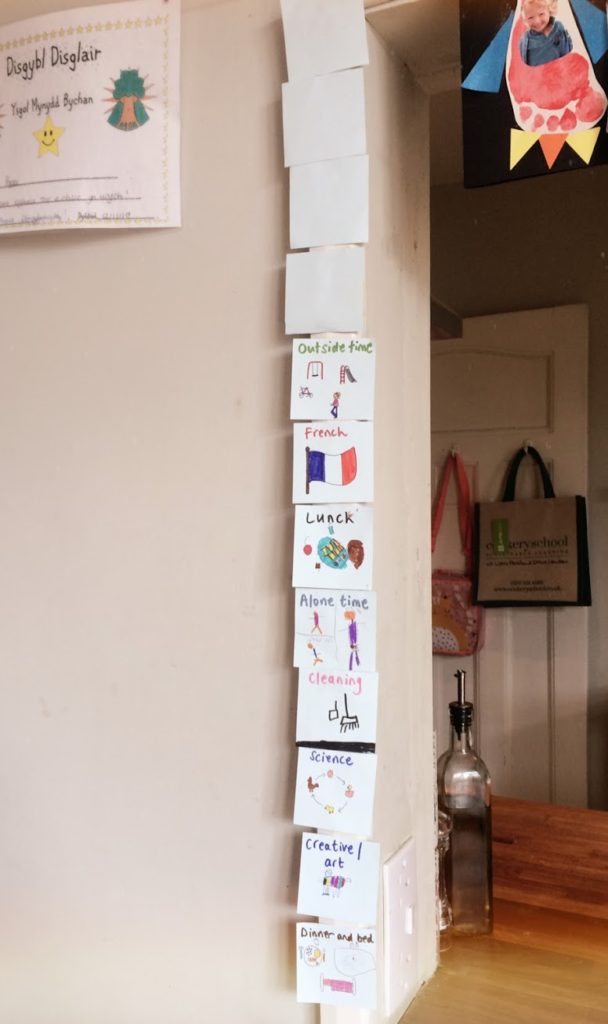
One thing I soon learnt with a timetable is that when something has to change, it often needs to be clearly spelt out to the kids. On a couple of days, we haven’t stuck completely to the plan (I’m sure you’ll be relieved to hear) and so Poppi has struggled to manage the change. It has needed careful explanation and sometimes moving things/removing items from the timetable to help her understand. For example, Friday went out the window as Poppi’s very early birthday present began its assembly (a trampoline – which is going to be an absolute lifesaver!). However, as these things do, it took a while to construct. Poppi had to accept that the timetable would have to change if she wanted us to get the trampoline ready. A fair exchange!
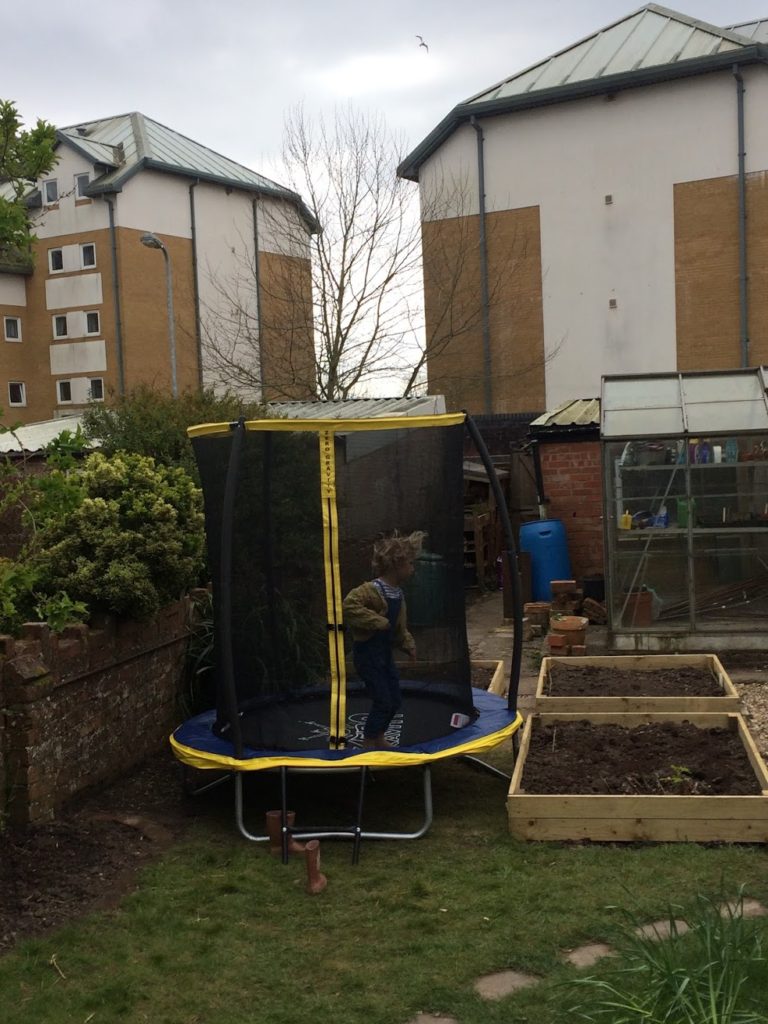
You may know if you’re a morning person or not. Well, generally (and I’m pretty sure there’s research to prove this) primary school-aged children learn best in the morning. Poppi reminded me of this, not through eloquent words, I hasten to add, but numerous afternoon meltdowns. As a result, Daf and I revisited our timetable plan and changed things up so the afternoons had little to no pressure and the mornings contained most of the learning. This doesn’t mean the afternoon is totally “free time”, but just has fewer demands and less that can go wrong!
Finally, whatever the weather, fresh air is important. This is so hard when we’re on “lockdown” and if you don’t have a garden. However, a chance for a “brain break” and a release of pent up energy is essential and if
this can be built into a time table it is highly worth it. There are loads of examples of brain gym out there and so many people are uploading YouTube videos of home exercise for kids, it’s definitely worth looking into (I really should do some myself!). I’m sure I’ve mentioned this before, but I will say it again; in my final year of teaching, I had the privilege of working with an inspiring little lad who had
an early diagnosis of ADHD. He was too young to be medicated, but he couldn’t sit still and when he got frustrated he became physical. At this point, my
classroom happened to be a porta-cabin on the playground. He taught me that the best way for him to refocus was to do laps of the playground, not take time out and try to be quiet and reflect on what he had done. Six
laps later, he was ready to return and pick up where he left off. Children need energetic breaks in order to avoid that crazy “I can’t sit still” behaviour (Tip: That’s when all the “poo-poo” jokes start coming out in abundance – in fact, it becomes the main word in their vocabulary).
I hope there may be one or two things that are helpful as we continue on this adventure together.
